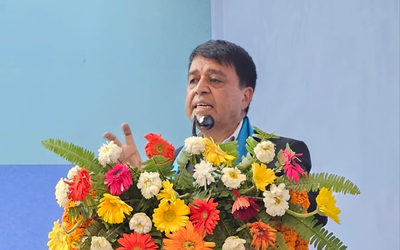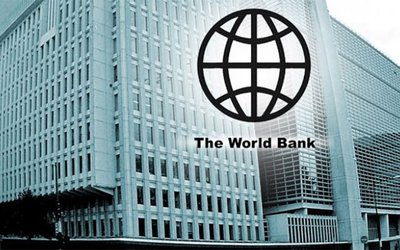
You have worked for a long time as the president of FNCCI. After you left the role, have the economic issues increased or decreased?
I’m still in the Federation. The only difference between then and now is the political change. Strikes and Bandhas were announced daily. Labor strikes had also raised a lot of problems. Those problems still persist, but are less severe. Political problems are still ongoing. For industrialists, there are many of the previous issues like taxes and load-shedding. But the labor issues of that time were solved by the agreement signed in my last hours as the president on Chaitra 10th. That time we signed the 12-point agreement which included clauses like “No-Work-No-Pay”, “Hire and Fire” and “Social Security Fund” establishment.
Like other organizations of the nation, don’t you think the work of the Federation has suffered in the recent time?
Yes, I can also feel that to a certain extent. The organizations associated with the federation should continue doing their jobs and that has not been happening. The current focus has been in attracting foreign investments. I believe before trying to attract foreign investment, the main focus should be on increasing domestic investment.
Faces of many people of the federation are not clear. The local people think that you people shake hands with every new government. Take license and permission from the government. And if government rejects, federation has tendency to make claims that the government didn’t listen to private sector. It is said that federation is not able to raise economic-political issues. What are your thoughts?
Our identity is business. We haven’t come from any political background. We talk for the overall welfare of the federation, if someone talks about the individual issues then that might be the case of personal dealing. After entering the federation, no one should raise personal issues. If that happens, then there will be a conflict of interest. It shouldn’t happen. After becoming the president, everyone should keep aside his business and take the problems of overall federation. I didn’t look after my business after becoming the president. If I had, my business would have prospered a lot.
You have been stating that the main problem is with power shortages, but you are investing in Kathmandu-Hetauda highway tunnel?
From 2011 BS there has been talk about the need of Kathmandu-Hetauda shortcut road. We always looked forward to funding it. I have been raising the issue of the need of the shortcut route to reach the Terai. The government, although late, approved the fast track. But we were always looking to help. We should come out of the mentality that Nepalis don’t have the money or technology. If we invest NRs.20 billion in the tunnel highway, we can reduce the distance to 45 minutes from 3 hours. This is a daily saving of 6 lakhs liters of petrol, which is equivalent to NRs. 60 million daily. If we analyze like that, we can save money in a year that is invested in the tunnel. Nepal-India trade deficit is due to the petroleum products. Out of Rs. 87 billion, Rs. 22 billion will be covered by this project alone.
Rather than investing alone, we have raised investments from more than 2 lakh investors and are establishing Nepal Infrastructure Development Company. This project will be done based on internal investment. We have kept the time frame of four years to complete this project.
- ADB: Nepal To Grow By 4.4 Percent
- May 02, 2025
- UML POLITCIS: Oli Vs Bhandari
- Apr 29, 2025
- FORMER KING GYANENDRA: Bating Constituional Monarchy
- Apr 28, 2025
- NC-UML COALITION: In Turmoil
- Apr 27, 2025
- TEACHERS ON STRIKE: Students' Future In Jeopardy
- Apr 25, 2025
















